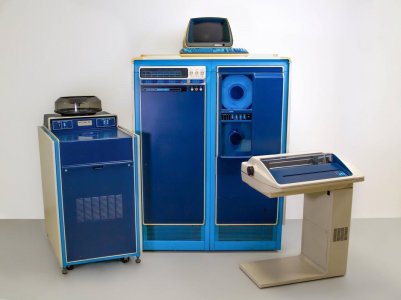LFaWolf
[H]ard|Gawd
- Joined
- Aug 7, 2016
- Messages
- 1,420
This is years in the making. Intel has no one to blame but itself.
https://www.bloomberg.com/news/arti...-in-move-away-from-intel-intc?srnd=markets-vp
https://www.bloomberg.com/news/arti...-in-move-away-from-intel-intc?srnd=markets-vp
![[H]ard|Forum](/styles/hardforum/xenforo/logo_dark.png)
